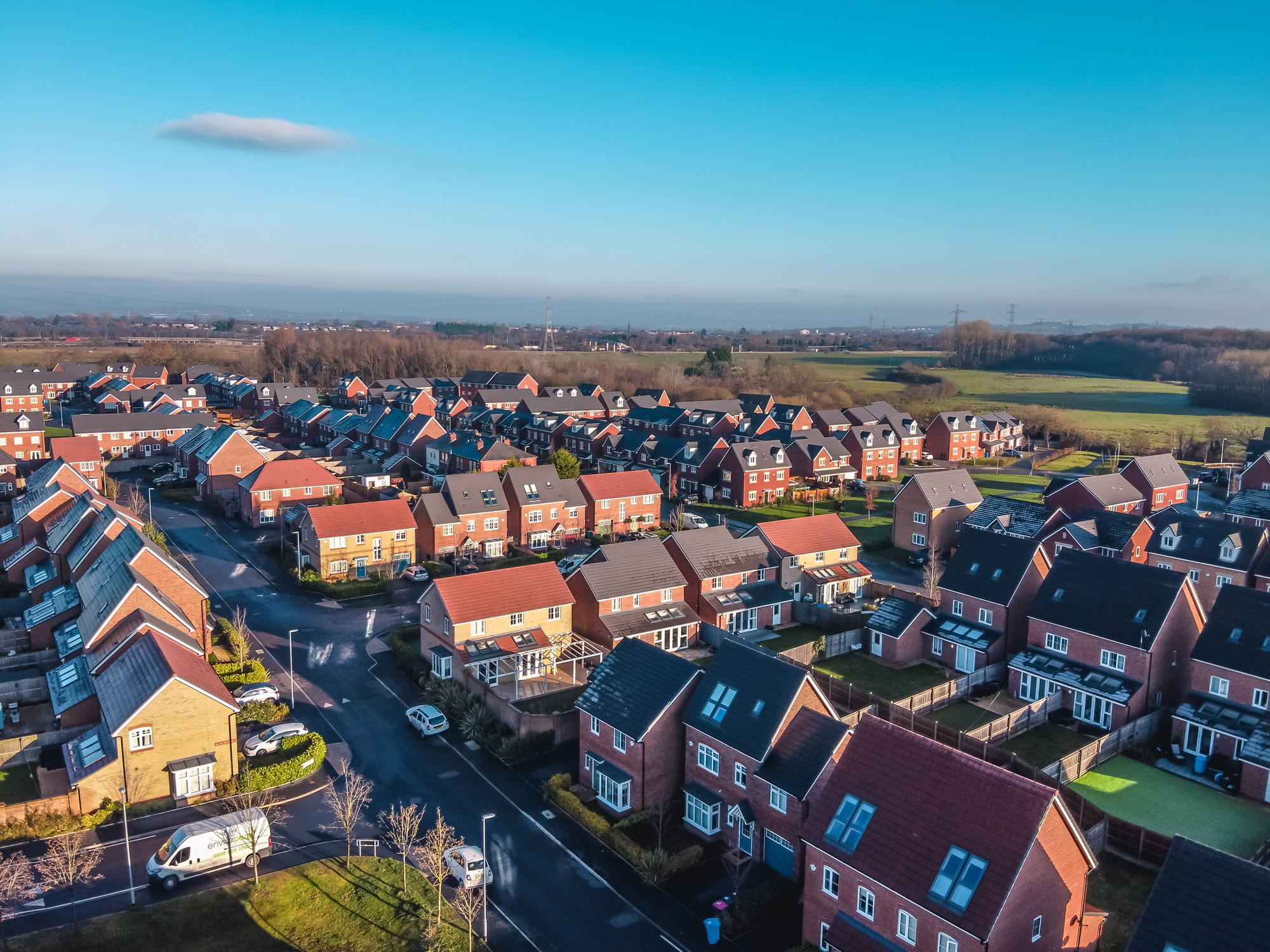
Michael Jary, International Managing Director for Sense, discusses the company’s expansion into the UK and global markets and the effect of climate change on the utility industry.
Tell us about what Sense can offer householders
Using artificial intelligence, Sense helps householders reduce their energy consumption because we can show them what appliances are using power in the home, what’s on and off, and how much energy each device is consuming in real time. So Sense makes it really simple for energy consumers to reduce their bills and their carbon emissions.
How else can Sense assist?
Sense energy monitoring can also help in two other ways: firstly, it can help consumers shift their energy consumption to periods of the day where energy prices are lower or when the grid is under less stress, which saves costs for energy suppliers and network operators.
Secondly, Sense can apply its artificial intelligence to outside the home so we can see what’s happening on the electricity network. Sense technology can understand where there are errors on the grid – whether there’s transformers corroding or vegetation hitting overhead power lines. Our artificial intelligence can reduce energy consumption in the home, it can save power costs for energy suppliers, and it can save investment and operating costs for grid operators. By utilising the AI in Sense, utilities are able to deliver on the energy transition and lower carbon emissions in a much more efficient and effective way.
Are there specific geographies where Sense is focusing?
Outside our core US market, the company is now growing into five key regions: the UK, the European Union, the Middle East, Japan and Australia.
Why did Sense open a UK office recently?
We opened a UK office for two primary reasons. The first reason is to be closer to our target markets as we commence our global expansion. Our product has huge, global potential, and we need to be physically closer to our customers.
The second reason is to access UK capabilities. The UK matches the US as a location where you will find sophisticated AI machine learning developer skills alongside the broader software development skills which you need to launch Sense to new territories. It was the presence of the right kind of capabilities in the UK that led to locating our new headquarters here in Theale, near Reading.
How have UK utilities responded to the innovation Sense offers?
UK utilities have responded really positively despite facing some incredible headwinds right now. We’re seeing as many as two or three suppliers going bust every week as a consequence of surging wholesale costs in the gas market and retail price caps in the UK that make it impossible to pass on those costs.
But UK utilities recognise that once they get through this short-term, extremely difficult period in which margins are extraordinarily negative, that working with Sense means they can access different sources of revenue. For instance, they won’t be exclusively dependent on margins from energy supply because they can also create revenues by shifting domestic demand or providing high value insight to network operators.
What do you see as the prospects for international growth for what Sense offers?
The fundamental problem of climate change is clearly and transparently global. The technology that Sense has developed works globally and is not constrained by geography. We’ve tested the technology worldwide and the proposition is one which resonates in all those five markets I mentioned and more markets besides.
Once Sense becomes fully global, we could reduce worldwide carbon emissions by 4% – for one company that’s a pretty impressive number. Commercially it makes sense for us to operate across multiple markets, but more importantly, for us to deliver our commitment to net zero, we have to be global.
How has climate change impacted utilities and what do you expect in the coming decade?
Climate change has elevated expectations for utilities and increased their responsibilities. Utilities have always been critically important to national economies but that’s principally been associated with providing reliable, sustainable power to keep the wheels of the economy turning. In the main, utilities have done that very well.
They must now elevate beyond that to partake in something more important – to preserving the planet. It’s going to be impossible to reverse the growth of carbon emissions without the participation of utility companies. So, there’s been an elevation of responsibility and therefore an elevation in costs and that has frequently been felt by utilities in compressed margins.
The flipside to that is we are now seeing many utilities increasingly understanding their new role and realising they have a fantastic opportunity to reshape their businesses and generate strong growth – an important dual mission, not only to their shareholders, but to society as well. It is these utilities who are responding to the Sense proposition and rolling it out to their customers.
